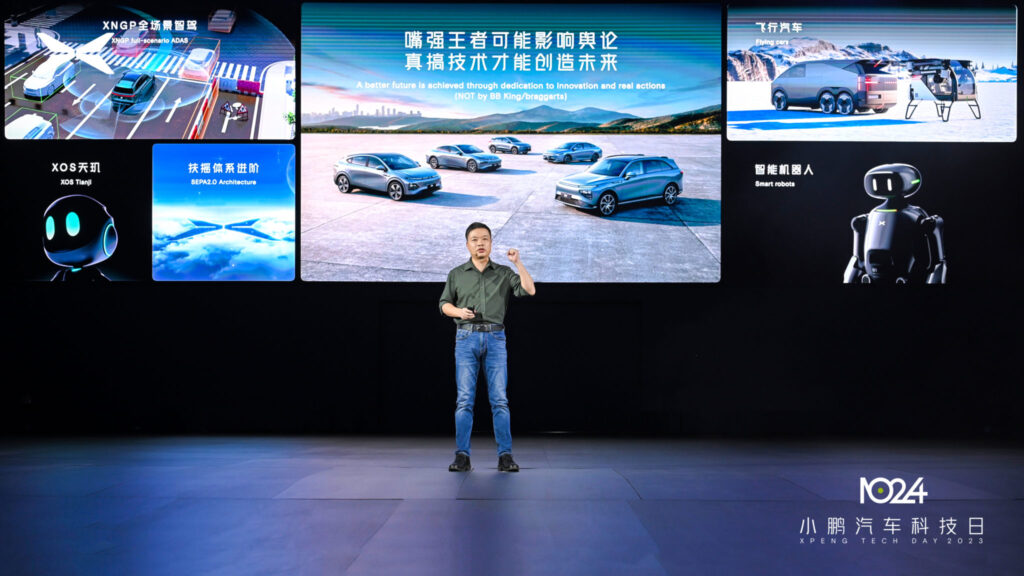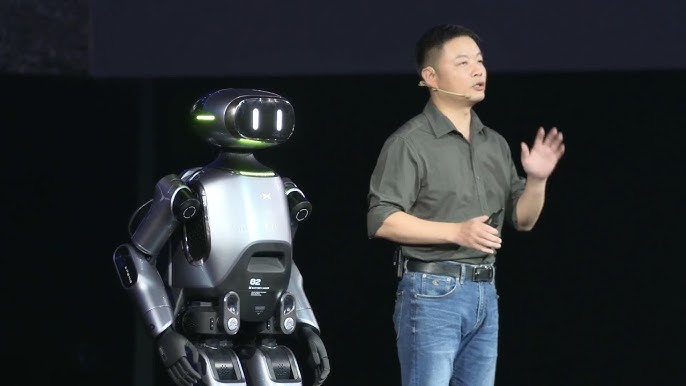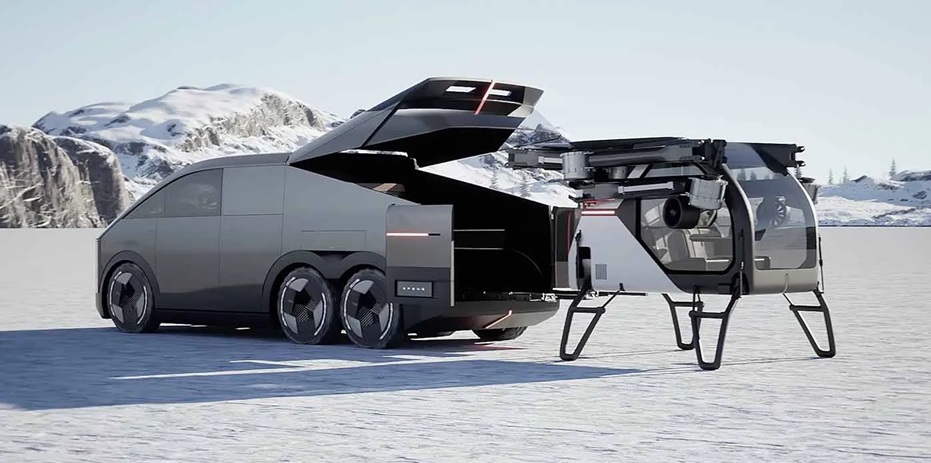On March 8, during the second “Representative Channel” group interview at the Third Session of the 14th National People’s Congress, Xiaopeng He, Chairman and CEO of XPeng Motors, shared his perspective on how technological innovation is reshaping lives.

“I have witnessed and participated in China’s technological evolution over the past 30 years, spanning the rise of the internet, mobile connectivity, and the industrialization of smart new energy vehicles,” He said. “Now, we are at the dawn of a profound transformation driven by artificial intelligence.”
A veteran of China’s internet sector since 1997, He highlighted AI’s growing impact across industries, particularly over the past year. “AI will create new opportunities, trigger seismic shifts, and drive massive industrial transformations. I firmly believe that technology enhances lives, and innovation changes the world.”

The Future of Autonomous Driving
China’s auto industry is undergoing a major shift – from electrification to intelligence. The sector is rapidly advancing toward fully autonomous driving, with deepening integration between automotive and robotics technologies.
XPeng is making strides in self-driving capabilities. He revealed that in 2024, XPeng will begin mass deliveries of its advanced intelligent driving system, with plans to roll out L3 autonomous driving for both highway and urban settings across China. “Over the next two years, we will expand L3 functionality to more cities and aim to launch L4-level driverless vehicles in designated areas – such as hotels and airports – by 2026, accelerating the commercialization of self-driving cars,” He said.
Beyond Cars: Robotics and Flying Vehicles
XPeng’s ambitions extend well beyond automobiles. The company has invested nearly five years into humanoid robotics research and development. “We are working toward a future where humanoid robots evolve from L3 capabilities to fully autonomous L5 robots within the next decade,” He noted. “For industrial-scale deployment, these robots must seamlessly integrate hands, feet, vision, auditory perception, and cognitive functions. With our expertise in L3 autonomous driving and world-leading research, we expect to achieve large-scale production of L3 humanoid robots by 2026.”

Meanwhile, China’s low-altitude economy is taking off, supported by government policies and industry innovation. XPeng’s flying car project is progressing steadily, with mass production on track for the first half of 2026. “This will mark the world’s first large-scale commercialization of a flying car,” He said.

A Vision for the Future
Looking ahead, XPeng is committed to redefining mobility. “Our goal is to make urban travel fully autonomous, bring flying cars into cityscapes, and propel transportation into the future with AI-driven innovation,” He said. “Ultimately, we envision a world where technological progress knows no borders – where global investment and innovation flourish, delivering better experiences and greater benefits to consumers everywhere.”